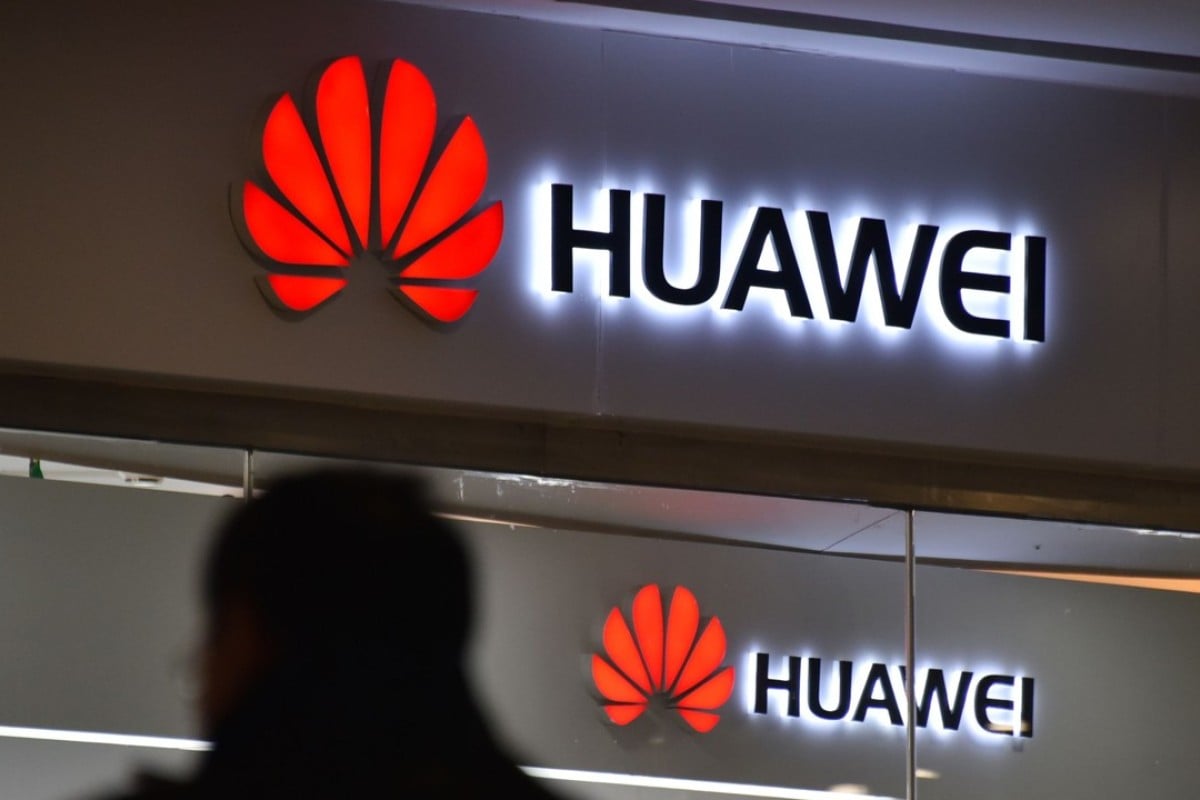The Canada-China 'Misunderstanding'
"[Canada] should spend less time bowing down to Canadian journalists preoccupied with human rights and get on with negotiating an important free trade agreement with China."
"In the recent two years or so, there has not been a single violent and terrorist attack and no more innocent people have been harmed [thanks to the imprisonment and re-training in Xinjiang's 'vocational education and training centres for Chinese Uyghur Muslims]."
"I want to tell you that the Chinese nation does not have the gene of aggression. We have never launched a war of aggression against any other country and we have never occupied one inch of overseas colony in history."
"[Westerners] always believe that they are superior to any other nations. Chinese people are in the best position to judge China's development. We are confident about our own path, theory, system and culture."
"We will never change our own development path because of the different viewpoints of Western countries and several discredited articles in the West. We will stick to the path that we choose. For Western countries, the problem is how to get along with China."
"The knots [that Canada initiated to trouble its relationship with China] shall be untied by those who got them tied. [Canada should] stop the moves that undermine the interests of China."
"The reason why some people are used to arrogantly adopting double standards is due to Western egotism and white supremacy."
"What they have been doing is not showing respect for the rule of law, but mocking and trampling the rule of law."
Chinese Ambassador to Canada, Lu Shaye
 |
| Lu Shaye, Ambassador of the People’s Republic of China to Canada, addresses the media during a visit to Halifax on Nov. 7, 2017. |
"Urge China to desist from inaccurate portrayals of Canada's judicial process and treatment of Ms. Meng. As the international community looks on, urge China not to damage bilateral relationship, over a single consular case however high profile."
"Ms. Meng received consular access, due process, legal counsel and health care since day of arrest [and she continues to be treated fairly by Canadian judicial system; we urge China to grant the same standards for Mr. Kovrig and Mr. Spavor."
"It is important to understand that under the Canadian legal system and Constitution there can be no political interference in the judicial process."
Global Affairs briefing memorandum to Canada's Foreign Affairs Minister Chrystia Freeland
 |
| China is balancing its desire to defend one of its biggest tech firms with the need to continue trade talks with the US. Photo: AFP |
How it all began: the arrest of Huawei executive Meng Wanzhou on an extradition warrant issued by the U.S. State Department which plans to charge Ms. Meng with misrepresentation to U.S. financial institutions related to Iranian sanctions imposed by the U.S. Briefly held, Ms. Meng was given bail and has lived, since then, under bail conditions, at one, then the other of the two mansions she owns in Vancouver, awaiting extradition.
China's response was to arrest two Canadians who happened to be in China at the time; an entrepreneur and a Canadian diplomat on leave working for a private enterprise. Both have been held incommunicado, no access to lawyers, no contact with family, arrested for national security issues, later charged with espionage. Another two Canadians, charged with drug smuggling, have been sentenced to death. Trade embargoes have been imposed on Canadian food products normally -- over the past three decades -- exported to China on charges of 'contamination'.
Canada has been warned and threatened that should it decide not to contract with China's largest, most successful, communications giant, Huawei, for its 5G upgrades, there would be 'consequences'.
Canada's Cabinet ministers in the Trudeau Liberal government have attempted since December to communicate directly with their Chinese counterparts as part of normal diplomacy between countries, but each such attempt on the part of Canada has been rebuffed with silence, while the heat of criticism continues to boil over, mostly out of the mouth of China's ambassador to Canada.
He represents a country that has never purloined the territory of another country, unless one considers Tibet. That never threatens other countries, unless one considers its neighbours in the disputed South China Sea, where Vietnam, the Philippines, Japan and South Korea may have another opinion entirely on the issue despite Ambassador Lu's history lesson to Canada, that "the South China Sea islands have all along been the inherent territory of China".
The problem that China sees in relations that have deteriorated so badly between Canada and China is that "Western countries' psychological imbalance towards China's economic and technological development comes down to the West-egotism". The West is mad with jealousy and resentment over China's success, an obvious failing of an egocentric West that finds it hard to absorb that China is able to become a world-class power second only to the United States which it is confident it will soon overtake.
It is not the United States, after all, that has developed the "One Belt, One Road" system of inter-connectedness, but China. China which has extended vast sums of credit to African countries to build their communications infrastructure; bridges, roadways, Internet connectivity, all of which will make it much, much easier for China to move its goods and services. China plans to adhere to environmental concerns by using fewer coal-fired furnaces; using those it installs in impoverished nations instead, where it will also grow food crops to import back to China.
Indebtedness for loans burdening their economies, the countries of Africa and Southwestern Asia surely do appreciate the good-heartedness of China's involvement in their internal affairs.
 |
| Chinese President Xi Jinping, Papua New Guinea's Governor-General Bob Dadae, and Papua New Guinea's Chief of Defense Gilbert Toropo attend a welcome ceremony for Xi's state visit in Port Moresby on Nov. 16. (David Gray/AFP/Getty Images) |
Labels: Canada, China, Crisis Management, Diplomacy, Political Interference
0 Comments:
Post a Comment
<< Home